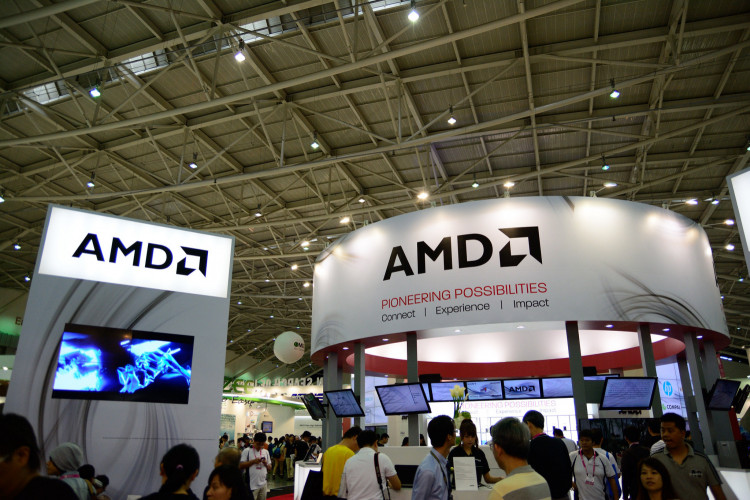In a strategic move to bolster its artificial intelligence capabilities and challenge industry leader Nvidia, Advanced Micro Devices (AMD) announced its plan to acquire Finnish AI startup Silo AI for approximately $665 million. This acquisition marks one of the largest takeovers in the European AI sector in recent years and reflects AMD's aggressive push to enhance its AI services.
The announcement, made in a Wednesday filing with the Securities and Exchange Commission (SEC), detailed that the acquisition would involve an all-cash transaction and is expected to close in the second half of the year, pending regulatory approval. "This agreement helps us both accelerate our customer engagements and deployments while also helping us accelerate our own AI tech stack," said Vamsi Boppana, AMD's Senior Vice President of Artificial Intelligence, in a statement to the Financial Times.
The deal comes at a time when Silicon Valley's acquisitions are under intense scrutiny from regulators in both Brussels and the UK. The acquisition of Helsinki-based Silo AI, one of Europe's largest private AI labs, is significant as it aligns with AMD's strategy to compete more effectively with Nvidia, which has dominated the high-performance chip market.
Silo AI's team of 300 experts specializes in creating custom large language models (LLMs) and AI-driven solutions for enterprise clients. These models are the backbone of advanced AI applications like chatbots, including OpenAI's ChatGPT and Google's Gemini. The Finnish company has also been working on initiatives to develop LLMs in various European languages, such as Swedish, Icelandic, and Danish, to strengthen European digital sovereignty.
Peter Sarlin, co-founder and CEO of Silo AI, described the acquisition as a "logical next step" for the company, which aims to become a "flagship" AI entity. Silo AI's commitment to open-source AI models contrasts with the proprietary approaches of companies like OpenAI and Google, aiming to democratize access to advanced AI technologies.
AMD's acquisition of Silo AI is part of its broader strategy to enhance its AI capabilities and integrate AI into its product offerings. The company has been developing its MI300 chips to compete directly with Nvidia's high-performance chips. The acquisition is expected to enhance AMD's ability to develop and deploy AI models, thereby attracting more customers to its ecosystem.
The move follows AMD's recent acquisitions of AI software firms Mipsology and Nod.ai and significant investments in AI technology. These efforts are part of AMD's strategy to expand its AI footprint and compete with Nvidia, whose success in the AI market has been largely attributed to its proprietary software platform, Cuda. Nvidia's Cuda platform, developed since 2006, has enabled a wide range of applications beyond graphics processing, solidifying its position in the AI industry.
Intuit, a key player in the financial software industry, announced layoffs as it shifts focus towards AI, highlighting the growing importance of AI in various tech sectors. Similarly, AMD's acquisition of Silo AI underscores the increasing competition in the AI space and the necessity for companies to invest heavily in AI capabilities to remain competitive.
The financial terms of the deal include significant severance packages for laid-off employees, with AMD committing to a minimum of 16 weeks of pay and six months of health insurance for affected U.S. employees. The company also plans to rehire approximately 1,800 new employees post-layoffs, aiming to build a robust AI development team.
Despite the layoffs, AMD remains optimistic about its future. Goodarzi's note to employees emphasized the company's long-term vision, stating, "We are positioned to take advantage of this AI revolution." This acquisition is expected to drive AMD's growth and innovation in the AI sector, positioning it as a formidable competitor to Nvidia.






